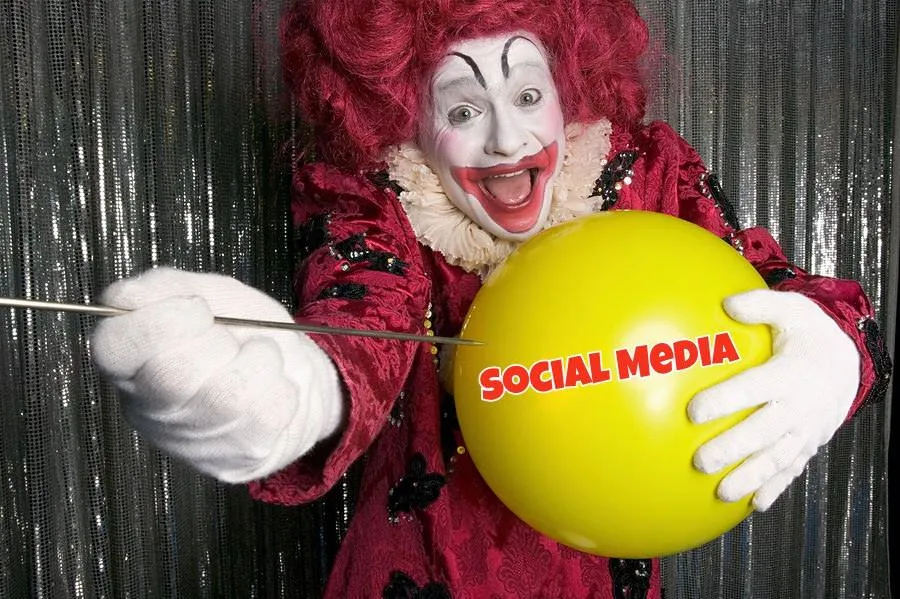
Source
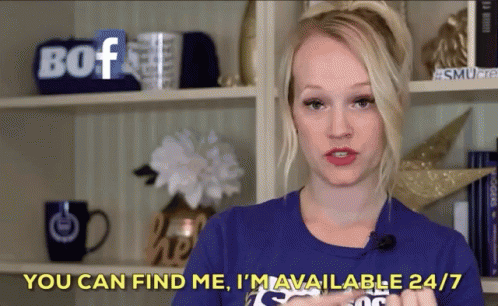
In 1993, a curious mind at Stanford—B.J. Fogg—planted the seed. He wasn't building code, but behavior. His lab studied how screens nudge humans, subtly at first, then obsessively. The term captology emerged, innocent sounding, yet dangerous. Persuasive tech was the goal. The methods? Alarming.
Fast-forward to 2025. Fogg’s lab evolved into Silicon Valley's behavioral bootcamp. His students shaped Facebook, Instagram, TikTok. They weaponized dopamine. What started as academic curiosity became corporate strategy. They didn't just build apps. They built addiction loops.
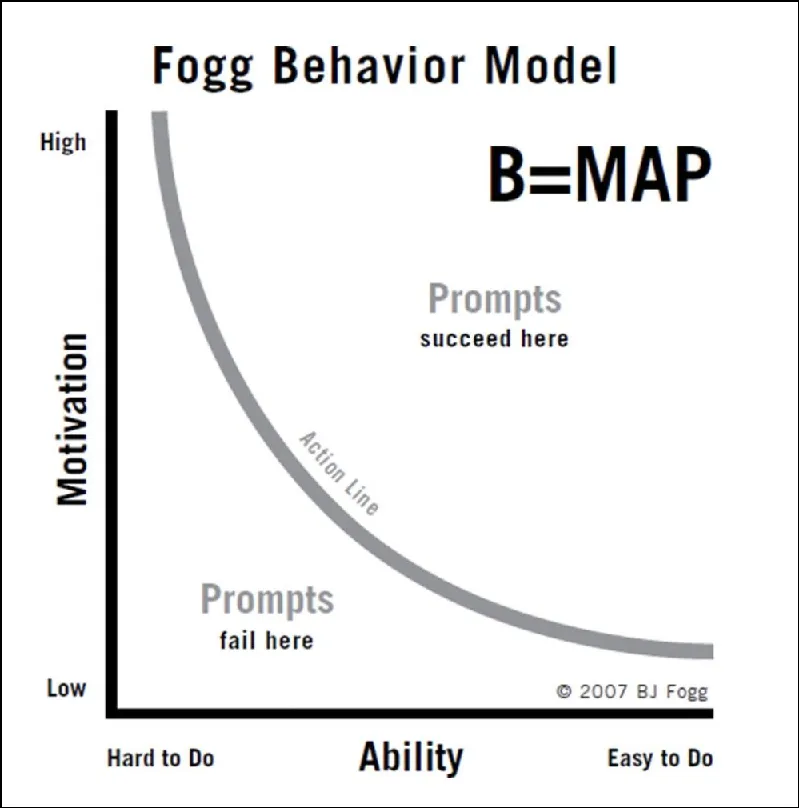
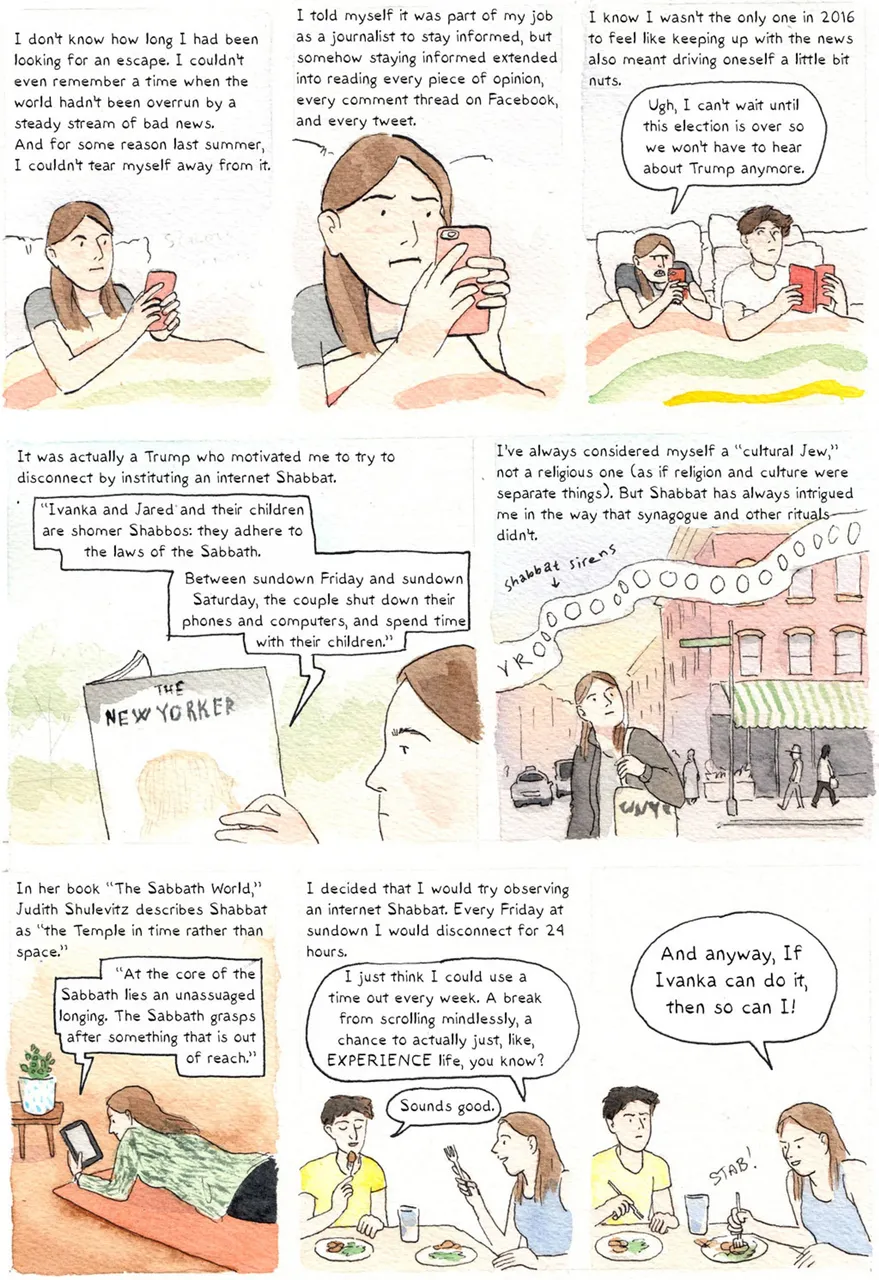
Source
Today, we scroll more than we speak. Our identities are shaped by algorithms fine-tuned in Fogg’s backyard. Likes validate us. Notifications dictate us. We call it engagement, but it's manipulation. Users aren’t customers—they're lab rats.
Fogg never said “make them addicts.” Yet his framework allowed it. Companies optimized for attention, not wellbeing. Morality got A/B tested. Empathy got outvoted by profit. Persuasion became control. We didn’t resist. We swiped.
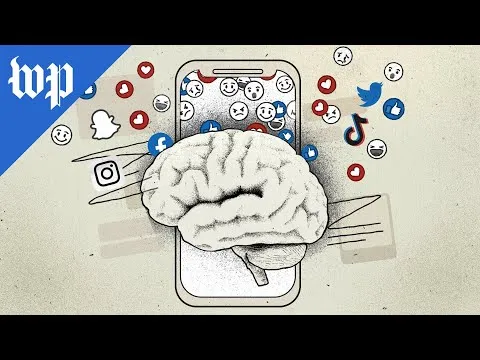
A quarter century later, society feels engineered. Choice is illusion. Behavior is programmed. The question isn’t if tech changed us. It's who let it happen. Fogg opened the door. Silicon Valley stormed through.







